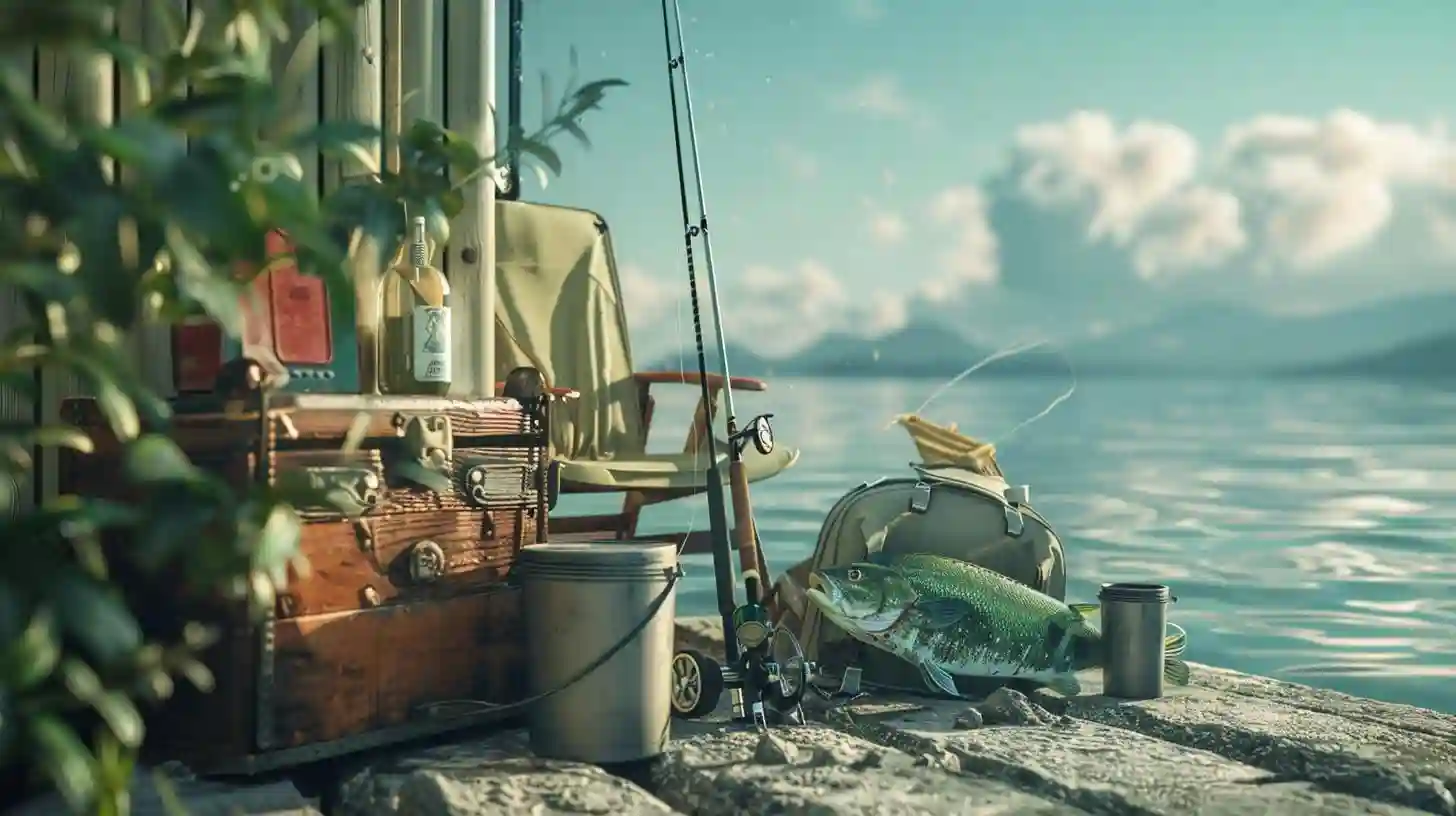
Fishing is a popular pastime enjoyed by millions of people around the world. Whether it's for recreation, sport, or simply the pleasure of being outdoors, fishing offers a unique and rewarding experience for those who participate. However, for those who are new to the sport, getting started can be a little daunting due to all the types of fishing equipment available. In this essay, we will discuss choosing fishing equipment, fishing tips, and some key points to keep in mind while out on the water.
When it comes to choosing fishing equipment, there are a few key items that every angler should have in their arsenal. One of the most important pieces of equipment is a fishing rod. Fishing rods come in a wide range of lengths, materials and styles, so it's important to choose one that suits the type of fishing you'll be doing. For example, if you plan to fish freshwater streams or rivers, a lightweight spinning rod may be your best option. On the other hand, if you plan to fish in the ocean or deep waters, a heavier rod may be suitable.
In addition to the fishing rod, the fisherman will also need a reel. Reels come in different types, including spinning, bait, and spinning reels. Each type of reel has its own advantages and disadvantages, so it is important to choose one that suits your fishing style. Spinning reels are a popular choice for beginners because they are easy to use and don't require much skill to operate. On the other hand, Baitcasting reels are favored by more experienced anglers who want more control and precision when casting.
In addition to a rod and reel, anglers will also need a variety of end gear such as hooks, sinkers, swivels and floats. These items are essential to rig your line and bait and can greatly impact your chances of success on the water. It's important to have a variety of terminal tackle sizes and styles on hand so you can tailor your setup depending on the conditions you're fishing.
When it comes to fishing tips, there are a few key points to consider to ensure maximum success on the water. Important tip: pay attention to the weather and water conditions. Fish are more likely to be active and feeding at certain times of the day, such as early morning or late evening, so it is important to plan your fishing accordingly. Additionally, fish are more likely to concentrate in certain areas of the water depending on factors such as depth, structure and current, so be sure to pay attention to these details while on the water.
Another important fishing tip is to use bait and lures that are appropriate for the type of fish you are fishing for. Different species of fish have different feeding habits and preferences, so it is important to use bait and lures that will attract the fish you are looking for. For example, if you are fishing for bass, using a plastic worm or crankbait may be more effective than using live bait. It's also a good idea to experiment with different types of baits and lures to see which ones work best in different situations.
Finally, it is important to follow the rules of fishing etiquette and respect for nature while on the water. This includes following local fishing rules and guidelines, practicing catch and release whenever possible, and respecting the environment and wildlife around you. By being a responsible fisherman, you can help ensure that future generations can also enjoy fishing.
Fishing is a rewarding and enjoyable pastime that offers a unique connection to nature and nature. By choosing the right fishing equipment, following basic fishing tips, and practicing good fishing etiquette, anglers can maximize their chances of success and make a positive impact on the environment. So, whether you are an experienced angler or a newbie looking to get started, remember to always respect the water, the fish, and the environment while out on the water. Happy fishing!